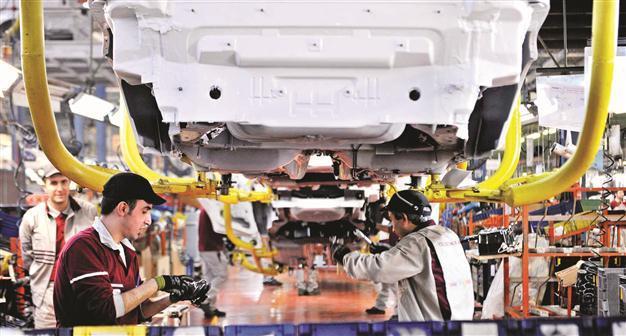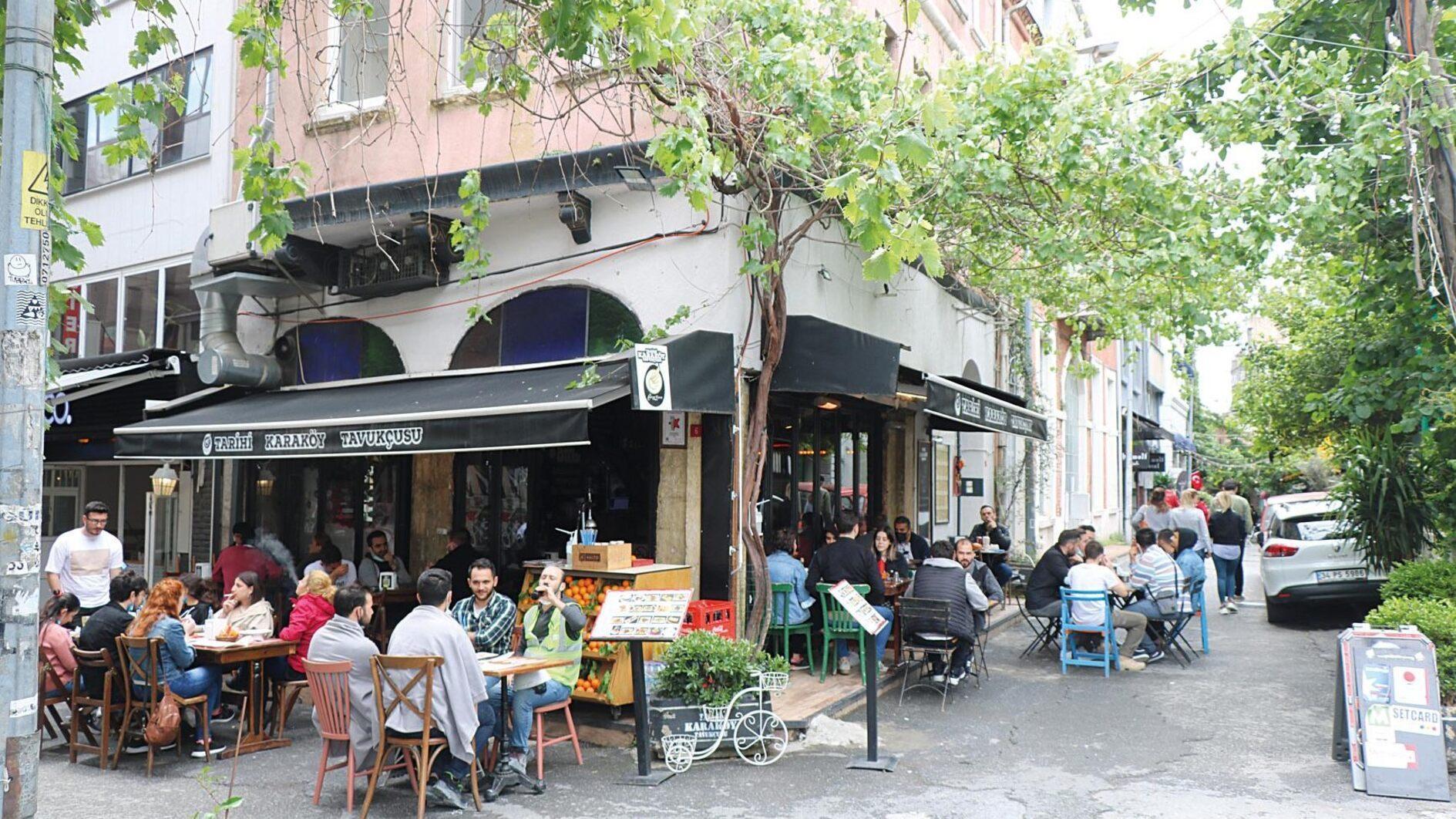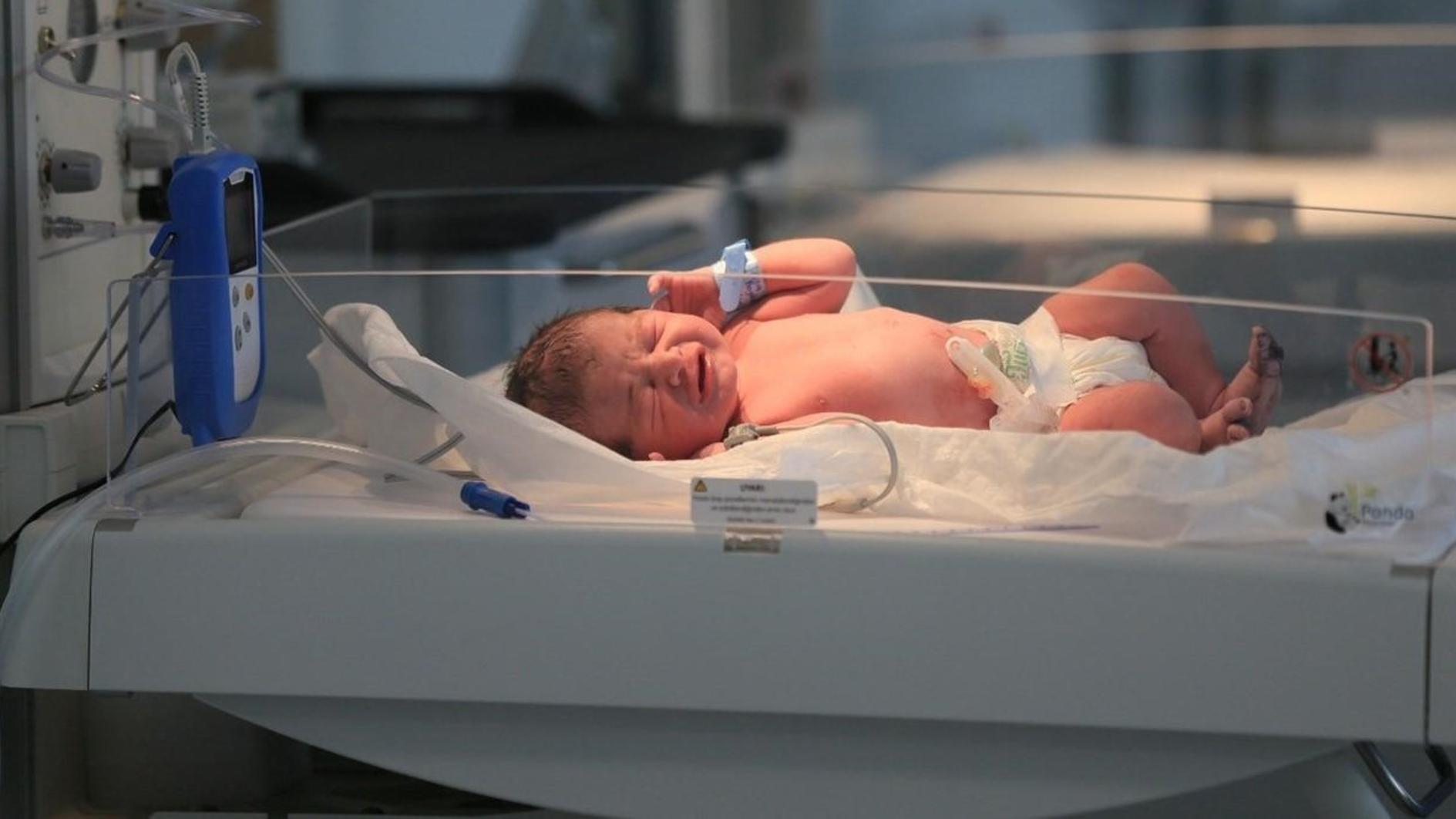Euro woes, new taxes hurt automotive sector
ISTANBUL

Turkish car exporters may face a big decline in sales in 2012 due to the debt crisis in Europe and weak demand in accordance, according to an automotive association. AA Photo
Turkey’s record-breaking automotive market has started signaling shrinkage due to the ongoing euro crisis as recent figures show commercial vehicle exports have sharply declined in November compared to the same month in 2010.Automotive producers are confident 2011 sales will result high above last year’s figures, but concerns mount over next year, according to the Automotive Manufacturers Association (OSD).
“In case of no surprise developments in December, we expect production will reach last year’s figures,” a statement by the association said yesterday. “The domestic market is leaving behind a good year when the whole of 2011 is evaluated.”
However, the association said the country’s overall automotive market narrowed by 14 percent in November when compared to the same month a year earlier, a shrinkage that has been continuing since July.
The car industry declined 11 percent in the same period, OSD said. Shrinkage jumped to 21 percent in light commercial vehicles as 775 vehicles were sold in the first 11 months of the year. Heavy commercial vehicle exports, meanwhile, fell by 13 percent in the given period.
“When the whole picture is considered, 2012 will be a hard year for the industry as a result of the poor domestic demand due to the recent measures taken in the local market and decreasing exports thanks to the ongoing uncertainty in Europe,” the OSD statement said.
The government radically increased the special consumption tax on motor vehicles in September.
The Central Bank’s effort to cool down the economy and the Turkish Lira’s large depreciation also contributed, the association said.
Still, the Turkish car industry is expected to exceed last years’ sales record of 793,000 as it has already hit 735,033 in the first 11 months. Motor vehicle production in November increased 8 percent when compared to the same month in 2010, which gives confidence to producers.
The position of producers in Turkey and debt-hit Europe were completely different, Hayri Erce, the general coordinator at the Automotive Distributers Association (ODD), told Anatolia news agency in a recent interview. “We forecast a 1 percent fall in car sales and 3 percent fall in production in Western Europe,” Erce said, adding that projection for yearend growth in the domestic car industry was 20 percent.
The low interest rate policy of the Central Bank was pumping confidence into the market, he said, adding that the young population was another advantage for the market.
İbrahim Aybar, general manager of Renault, said he thinks the Turkish car market was badly affected by the euro crisis in the second half of the year, but this would not compare with the problems faced in Europe.
“Turkey will be affected next year by the changes in macroeconomic balances, but not as much as Europe. Still, its rise in the European countries will continue.”
Ford Otosan, the Turkish unit of Ford Motor in partnership with local Koç Holding, meanwhile, expects this year’s van and truck production to rise 22 percent from 2010 to 295,000 units and sales 17 percent to 355,000.
The company forecasts this year’s domestic sales at 142,000 units and exports at 213,000, an investor presentation said on its website Dec 9. The company expects to maintain its leadership in the Turkish market with a 15.9 percent share, after last year’s 15.6 percent.
















